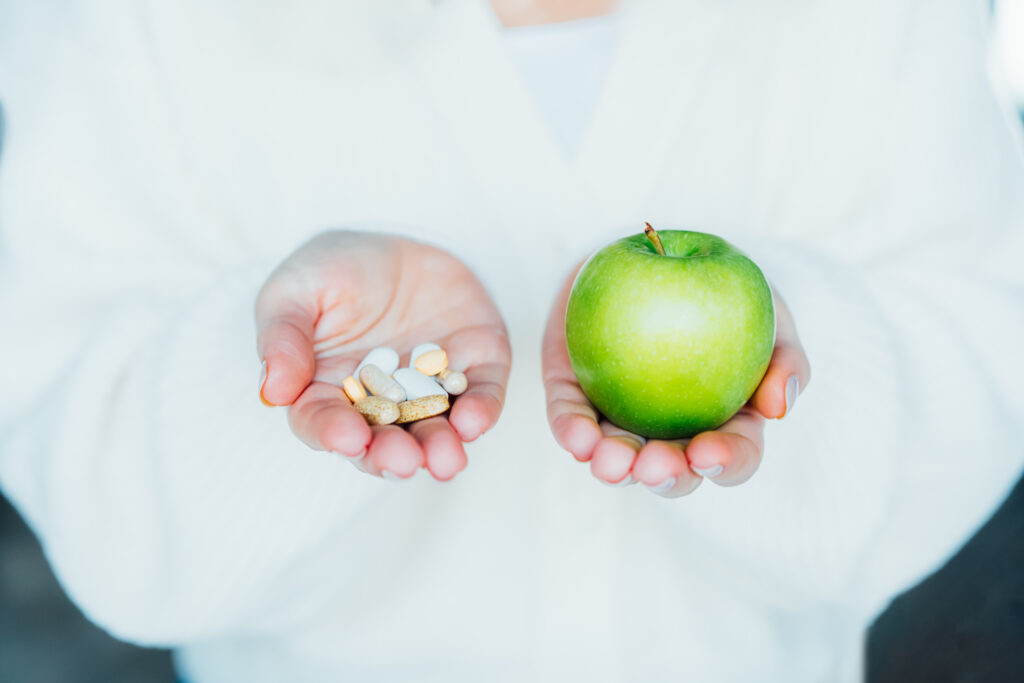The Science of Gratitude: How Thankfulness Heals Body and Mind
Life and Death in the Same Hospital
I was seven years old when I learned that life and death could exist in the same hospital, just a few floors apart.
It was January 1992. My mother was in labor, about to give birth to my younger brother, while my father lay in a hospital bed, recovering from colon cancer surgery. My family moved between two hospital rooms at Kaiser Permanente in Anaheim, California—one filled with the cries of a newborn, the other with the quiet exhaustion of a man recovering from surgery and fighting for his life.
At seven, I didn’t fully understand the gravity of the situation, but I could feel its weight. My father, once strong and steady, was now frail and recovering. And yet, in the middle of it all, he was so overjoyed and grateful to have another child that he managed to hire a plane with a banner to fly around the hospital that read, “Welcome to this world, Sher Adam Khan.” That small plane circled three times. Just recently, my mom shared with me that she remembered being wheeled out to see it by a trusted family friend who came to visit them. My dad couldn’t see it, but he made sure she did. That was my first real encounter with gratitude—not as a fleeting moment, but as a lifeline.
Gratitude and the Science of Healing
Decades later, I would come to understand what my parents instinctively knew: gratitude isn’t just a nice idea; it has the power to heal. Every night, we sat down together to have a family dinner, and we would say, “Bismillah hir rahman nir raheem, thank you God for giving us food, Ameeeen!” It had a cute, music-like jingle to it, too!
Research shows that gratitude lowers stress hormones like cortisol, improves immune function, and strengthens heart health. A study published in Psychosomatic Medicine found that people who regularly practiced gratitude had lower levels of inflammation and better cardiovascular markers. Another study in JAMA Network Open linked gratitude with better sleep, improved mental health, and even a lower risk of depression.
Oprah Winfrey puts it simply: “Be thankful for what you have; you’ll end up having more.” This isn’t just about material abundance—it’s about perspective. When we focus on what’s present rather than what’s missing, we shift our biology, our mood, and even our ability to heal.
Eckhart Tolle echoes this same wisdom: “Acknowledging the good that you already have in your life is the foundation for all abundance.” My parents embodied this idea, even in the face of suffering. They didn’t ignore the pain, but they also didn’t let it define them. Gratitude became their anchor.
Gratitude as a Daily Practice
Gratitude isn’t about pretending everything is perfect. It’s about choosing to recognize the good, even in imperfect circumstances. It’s about training the brain to find hope, even in uncertainty.
How do we cultivate gratitude? Start small:
Keep a gratitude journal. Write down three things you’re grateful for every night before bed. Your bed, clean water, sunshine, warm food, etc. Over time, this rewires the brain to focus on abundance rather than scarcity.
Say it out loud. Tell someone you appreciate them. Expressing gratitude deepens relationships and reinforces positive emotions. It sounds like, “I am so thankful for your attention right now.” Or, “I feel grateful to know you.”
Pause before a meal. A moment of gratitude before eating—whether in prayer or simply in reflection—can improve digestion and reduce stress.
Reframe challenges. Instead of saying, “I have to do this,” which promotes a burdensome mindset, try saying, “I get to do this,” which promotes a privileged, responsible mindset. That simple shift changes the way you approach daily life.
Gratitude’s Ripple Effect
The lessons from that hospital stay in 1992 stayed with me. My father was cured of colon cancer, my brother grew up, and my mother’s resilience became a model for how I approach life. Gratitude was not just something we practiced—it was the thread that wove our family together.
When you choose gratitude, you’re not denying hardship; you’re reclaiming your power within it. You’re reminding yourself that even in the toughest seasons, there is still something worth holding onto. And in that choice, you create space for healing, for happiness, and for a life well-lived.
Because in the end, gratitude isn’t about what we have or what we lack—it’s about the way we choose to see the world.
Gratitude is more than just saying “thank you”—it’s a transformative mindset that can boost your emotional resilience, reduce stress, and improve your physical health. As both a physician and someone who has lived through the extreme highs and lows of life, I’ve come to understand the science behind gratitude and the deep, healing power it holds.
This post blends personal experience with clinical insight to show how gratitude can serve as a daily tool for inner peace and wellness.
Life and Death in the Same Hospital
I was seven years old when I learned that life and death could exist in the same hospital, just a few floors apart.
It was January 1992. My mother was in labor, about to give birth to my younger brother, while my father lay in a hospital bed, recovering from colon cancer surgery. My family moved between two hospital rooms at Kaiser Permanente in Anaheim, California—one filled with the cries of a newborn, the other with the quiet exhaustion of a man recovering from surgery and fighting for his life.
At seven, I didn’t fully understand the gravity of the situation, but I could feel its weight. My father, once strong and steady, was now frail and recovering. And yet, in the middle of it all, he was so overjoyed and grateful to have another child that he managed to hire a plane with a banner to fly around the hospital that read, “Welcome to this world, Sher Adam Khan.” That small plane circled three times. Just recently, my mom shared with me that she remembered being wheeled out to see it by a trusted family friend who came to visit them. My dad couldn’t see it, but he made sure she did.
That was my first real encounter with gratitude—not as a fleeting moment, but as a lifeline.
Gratitude and the Science of Healing
Decades later, I would come to understand what my parents instinctively knew: gratitude isn’t just a nice idea; it has the power to heal. In clinical studies, people who keep gratitude journals or engage in daily gratitude practices show lower levels of inflammation, better sleep, improved heart health, and even stronger immune systems.
Gratitude shifts the focus from what is lacking to what is abundant. It trains the brain to see opportunity and beauty, even in difficulty. As a physician, I see how mindset can influence healing in profound ways—sometimes more than medication ever could.

Check out some of our other blogs!
-
 Preventive Health Checkups: What You Should Do Annually17 Jun 2025 Longevity & Lifestyle
Preventive Health Checkups: What You Should Do Annually17 Jun 2025 Longevity & Lifestyle -
 How Sleep Affects Testosterone: What Every Man Needs to Know21 May 2024 Longevity & Lifestyle
How Sleep Affects Testosterone: What Every Man Needs to Know21 May 2024 Longevity & Lifestyle -
 Vitamins and Supplements: Smart Choices for Better Health07 May 2024 Longevity & Lifestyle
Vitamins and Supplements: Smart Choices for Better Health07 May 2024 Longevity & Lifestyle -
 Practicing Medicine 3.0: My Personalized and Proactive Approach to Longevity06 May 2024 Longevity & Lifestyle
Practicing Medicine 3.0: My Personalized and Proactive Approach to Longevity06 May 2024 Longevity & Lifestyle -
 The Truth About Cholesterol: A Doctor’s Guide to Heart-Healthy Living23 Apr 2024 Longevity & Lifestyle
The Truth About Cholesterol: A Doctor’s Guide to Heart-Healthy Living23 Apr 2024 Longevity & Lifestyle
Los Angeles
433 N Camden Dr Suite 610, Beverly Hills, CA 90210
© 2025 MyWellnessMD Designed by Dawah Marketing